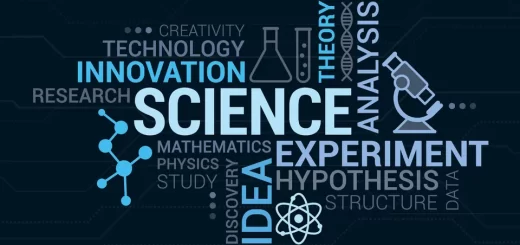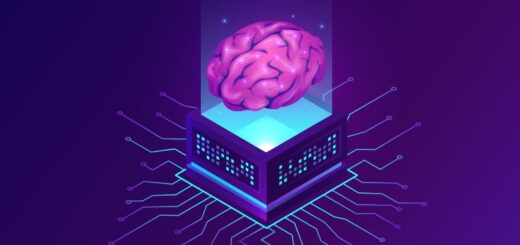AI-Powered Personal Assistants Evolve into Intelligent Decision-Making Tools

For years, AI-powered personal assistants like Siri, Alexa, and Google Assistant have been helpful tools for setting reminders, playing music, and answering basic questions. However, in December 2023, a significant transformation occurred as AI-driven assistants evolved into intelligent decision-making tools, capable of handling complex tasks, analyzing real-time data, and offering strategic insights.
With the integration of OpenAI’s GPT-4 Turbo, Google’s Bard Pro, and Anthropic’s Claude AI, these assistants could now personalize recommendations, automate multi-step workflows, and even assist in business strategy development. This shift meant that AI assistants were no longer just reactive tools—they were becoming proactive problem-solvers in both personal and professional settings.
How AI Assistants Were Redefining Daily Interactions
Traditional digital assistants were limited to simple task execution, often relying on predefined responses and keyword-based interactions. The next-generation AI assistants introduced a deeper level of intelligence, including:
- Contextual decision-making – AI assistants could now analyze user preferences, habits, and real-time information to make tailored recommendations.
- Automated task chaining – Users could provide high-level goals, and AI would break them down into actionable steps, executing each step autonomously.
- Adaptive learning and personalization – AI models continuously learned from past interactions, improving accuracy in responding to complex queries.
With these enhancements, AI assistants were transitioning from basic voice-activated tools to full-fledged productivity partners.
Real-World Use Cases for Advanced AI Assistants
With AI-driven assistants becoming more advanced, businesses and individuals began integrating them into various aspects of daily life.
1. AI in Business Decision-Making and Productivity
- AI-powered assistants helped professionals summarize reports, draft presentations, and analyze financial data, reducing workload.
- Business leaders used AI-generated insights to identify market trends and optimize operational strategies.
2. AI in Personal Productivity and Lifestyle Management
- AI assistants organized schedules, optimized travel plans, and provided real-time updates, making daily life more efficient.
- Health and fitness-focused AI tools customized nutrition plans, workout routines, and wellness recommendations.
3. AI in Customer Support and Personalized Shopping
- AI-driven personal shoppers recommended products based on user preferences, improving online shopping experiences.
- Virtual AI agents handled customer inquiries more effectively, reducing response times and improving engagement.
These applications demonstrated AI assistants’ transition from simple voice recognition tools to adaptive, intelligent task managers.
Challenges and Ethical Considerations in AI Personalization
Despite their potential, AI-powered assistants raised critical challenges that needed to be addressed for responsible deployment.
1. Privacy and Data Security Risks
- AI assistants relied on continuous data collection, raising concerns about how personal information was stored and used.
- Companies needed transparent AI policies to ensure user data was protected and not exploited for commercial gain.
2. Bias and Accuracy in AI Decision-Making
- AI-generated recommendations were only as reliable as the data they were trained on, which meant bias and misinformation remained concerns.
- Businesses worked on improving AI transparency and explainability, ensuring AI decisions could be understood and trusted.
3. Over-Reliance on AI for Decision-Making
- As AI assistants became more advanced, users risked delegating too many critical decisions to AI without human oversight.
- The challenge was to strike a balance between AI automation and human intuition, ensuring AI remained an assistive tool rather than a replacement for human judgment.
Navigating these challenges was key to maximizing AI’s benefits while minimizing its risks in daily life.
What’s Next for AI-Powered Assistants?
As AI assistants continued to evolve, the next wave of advancements was expected to bring:
- Voice-based AI agents with real-time adaptability – AI would soon engage in deeper, more natural conversations, improving accessibility.
- Emotionally intelligent AI interactions – Future AI assistants would detect user sentiment and adjust responses accordingly, enhancing user experience.
- AI-powered multi-agent collaboration – AI assistants would be able to work together, managing different aspects of life and business simultaneously.
These developments positioned AI-powered assistants as integral tools for both professional and personal productivity.
A Defining Shift in AI-Powered Productivity
The advancement of AI personal assistants in December 2023 marked a significant step toward truly intelligent and proactive AI-driven decision-making tools. Instead of merely responding to commands, these AI systems were now anticipating needs, optimizing workflows, and assisting users in real-time.
However, as AI assistants became more integrated into everyday life, ensuring data privacy, ethical AI use, and responsible automation would be crucial to maintaining user trust.




